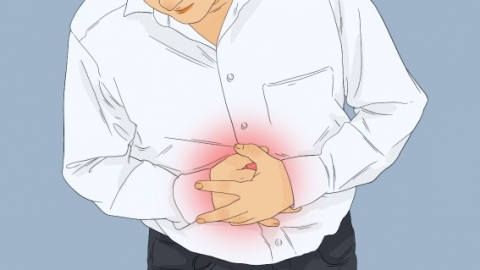Can antispasmodic and analgesic drugs treat abdominal pain after drinking alcohol?
Antispasmodic analgesics can usually alleviate abdominal pain caused by alcohol consumption to some extent. It is recommended to use these medications under a doctor's guidance.

If abdominal pain after drinking is caused by spasms of the gastrointestinal smooth muscles, antispasmodic analgesics such as anisodamine and atropine can help relieve the pain by alleviating the muscle spasms, making their use appropriate in such cases. However, it is important to ensure there are no contraindications before taking these medications, such as glaucoma or prostate enlargement, and they should not be used in high doses or for prolonged periods to avoid adverse reactions.
In addition, although antispasmodic analgesics can relieve abdominal pain symptoms, they cannot fundamentally address the problem of abdominal pain after drinking. Therefore, during treatment, it is also important to actively identify and eliminate the underlying causes, such as abstaining from alcohol and adjusting dietary habits. Abdominal pain following alcohol consumption may be caused by various conditions, such as acute pancreatitis or gastric ulcers. Antispasmodic analgesics can only provide temporary relief and cannot cure these conditions.
Therefore, once the underlying cause is identified, targeted treatment measures should be taken. In daily life, it is recommended to consume alcohol in moderation and avoid excessive intake to prevent harm to health.




